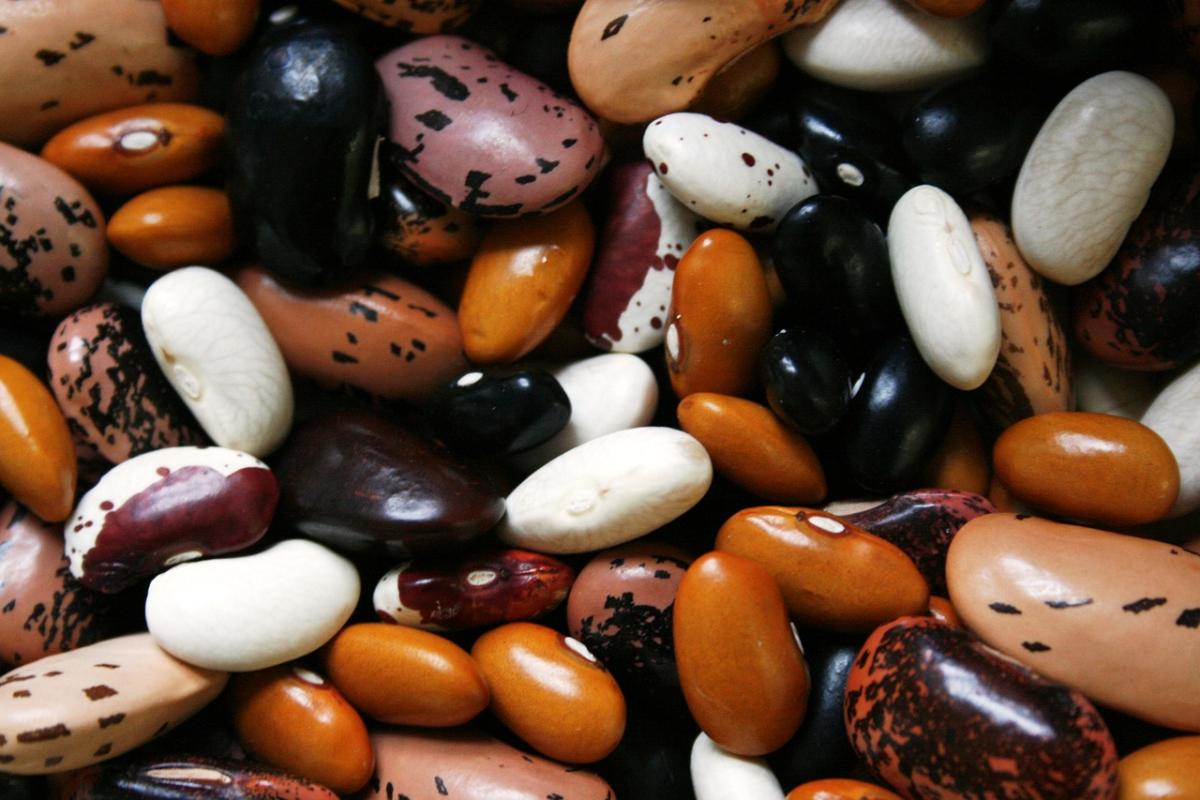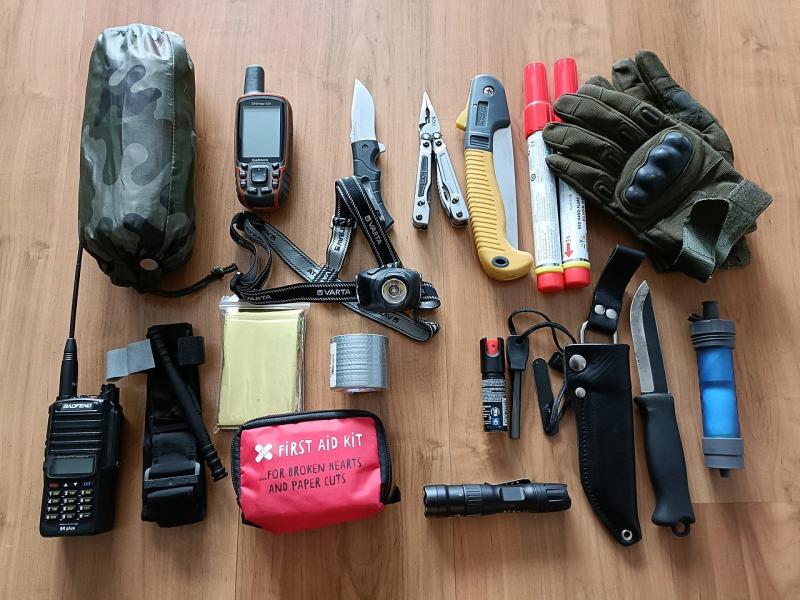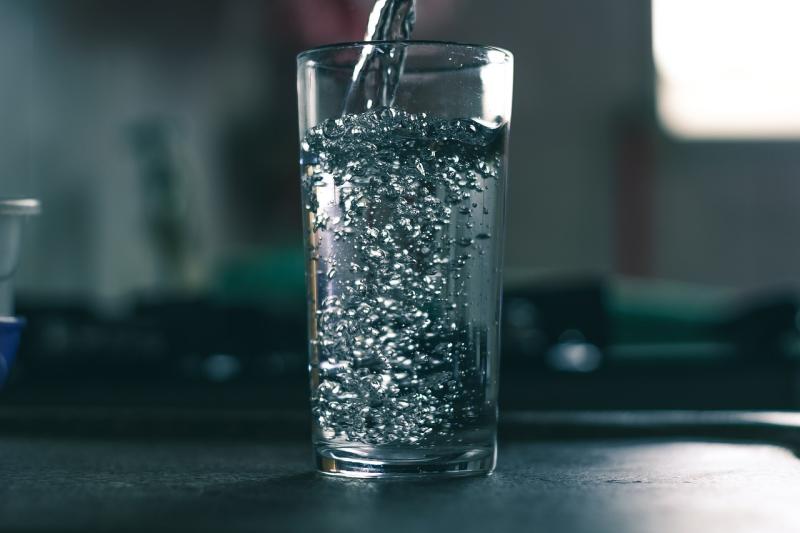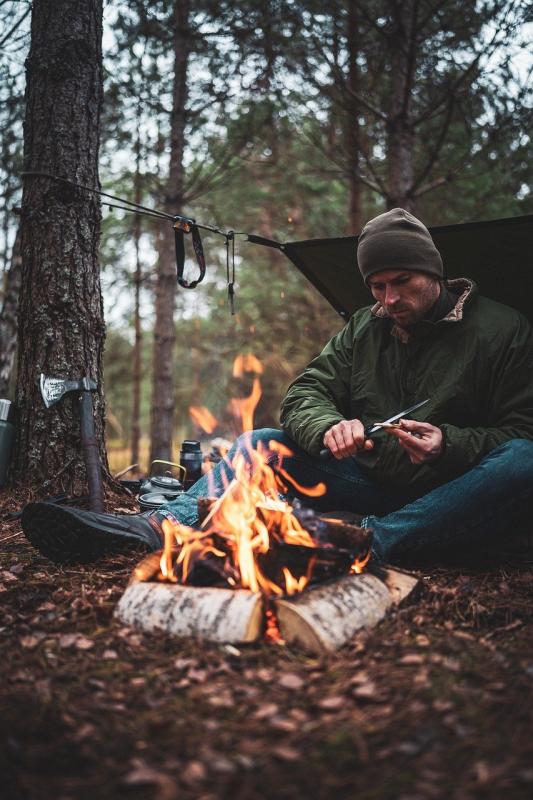When it comes to prepping, having a solid stash of non-perishable foods is key. These supplies can help you stay nourished when fresh items are hard to come by. Plus, they’re usually easy to store and last a long time without going bad. Here are some must-haves that should definitely make it into your supplies.
Stocking up on these essentials can give you peace of mind during uncertain times. Having a well-rounded collection of non-perishables not only ensures you have enough to eat but also allows for some flexibility in meal planning. So take a moment to check your pantry and start building your prepper food supplies today!
Smart Fresh Foods to Stock Up
When it comes to being prepared, having the right food on hand can make a world of difference. You want to stock up on items that are not just shelf-stable, but also nutritious and versatile. Here are some smart fresh foods to consider adding to your emergency supplies.
1. Canned Vegetables and Fruits: These are a lifesaver! Canned foods maintain their nutritional value and have a long shelf life. Look for options without added sugars or lots of sodium. Try to get a variety of colors; they make meals more exciting and nutritious!
2. Dried Beans and Lentils: Rich in protein and fiber, dried beans and lentils are super filling and easy to prepare. They can be stored for ages and are a fantastic base for soups, stews, or even salads. Plus, they’re a great way to stretch your food budget!
3. Freeze-Dried Fruits and Vegetables: These little gems are lightweight and retain their nutrients very well. They’re perfect for snacking or adding to dishes for a nutritional boost. Just add water, and they’re ready to go!
4. Nut Butters: Nut butters like almond or peanut butter are not just delicious; they’re also packed with healthy fats and proteins. They make for a quick snack or can be added to smoothies and meals for extra energy.
Water Storage Tips for Everyone
Water is one of the most crucial supplies you can stockpile, especially during emergencies. Here are some easy tips to help you store water effectively.
First off, figure out how much water you actually need. A good rule of thumb is at least one gallon per person per day. So, if you’ve got a family of four, aim for at least 4 gallons daily. Keep a nice buffer in mind, too. It’s better to have a little extra than to run dry!
Next, choose the right containers. You can use food-grade plastic containers, glass jars, or even large water barrels. Just make sure they're clean and safe for storing food. Avoid using milk jugs or other non-food grade plastics, as they can leach chemicals over time.
Once you’ve got your containers ready, it’s time to think about storage. Keep your water in a cool, dark place to help prevent algae and bacteria growth. Check your stock regularly, and if you're storing it for long periods, consider rotating it every six months or so to keep it fresh.
Finally, don’t forget to treat your water! If you're storing it for a while, adding a few drops of bleach or using purification tablets can help keep it safe from any unwanted nasties. Just make sure to follow the instructions on the products you use for the best results.
Easy Meal Ideas for Emergency Situations
When it comes to prepping, having easy meal ideas in your back pocket can make all the difference during emergencies. You want meals that are simple to prepare and require minimal ingredients. Here are some quick and nutritious options you can keep on hand!
1. Canned Soup or Chili
2. Instant Rice and Beans
3. Pasta with Jarred Sauce
4. Breakfast Quinoa
These meal ideas are not just easy but also comforting during tough times. Stocking up on these essentials can help you feel prepared and secure when it matters most.





